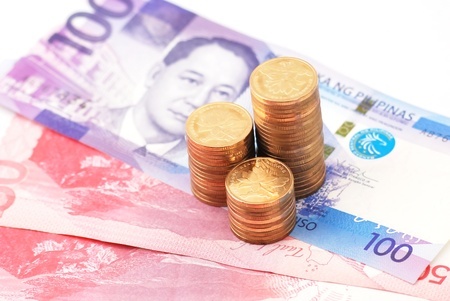
As the government announced better-than-expected gross domestic product (GDP) growth of 6.9 percent in the third quarter, the peso on Thursday gained 14 centavos to close at a seven-week high of 50.9:$1.
It was the peso’s strongest close since Sept. 29’s 50.815:$1.
At the Philippine Dealing System, the peso reached an intraday high of 50.885:$1 and a low of 51:$1.
The total volume traded jumped to $885.1 million from $566.8 million last Wednesday.
“Strength was in line with overall strength of other Asian currencies but Philippine peso likely outperformed in past two days on the back of stronger second-quarter and third-quarter GDP growth and despite the year-on-year drop of remittances in September,” ING Bank Manila senior economist Joey Cuyegkeng said in a note to clients.
Last Wednesday, the government announced an upward revision in the second-quarter GDP figure to 6.7 percent from the 6.5 percent announced in August.
However, the Bangko Sentral ng Pilipinas also last Wednesday reported that cash sent back home through banks by Filipinos working and living abroad declined 8.3 percent year-on-year to $2.186 billion in September partly due to the closure of a number of overseas money service providers.
“The weaker US dollar also helped as US bond yields dropped on flight to safety as stocks slid due to uncertainty over tax reform in the US and the likely delay. Peso’s strength could be seen as an opportunity for dollar users and hedgers,” Cuyegkeng said.